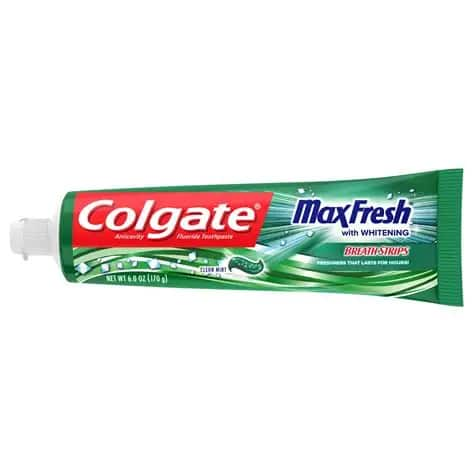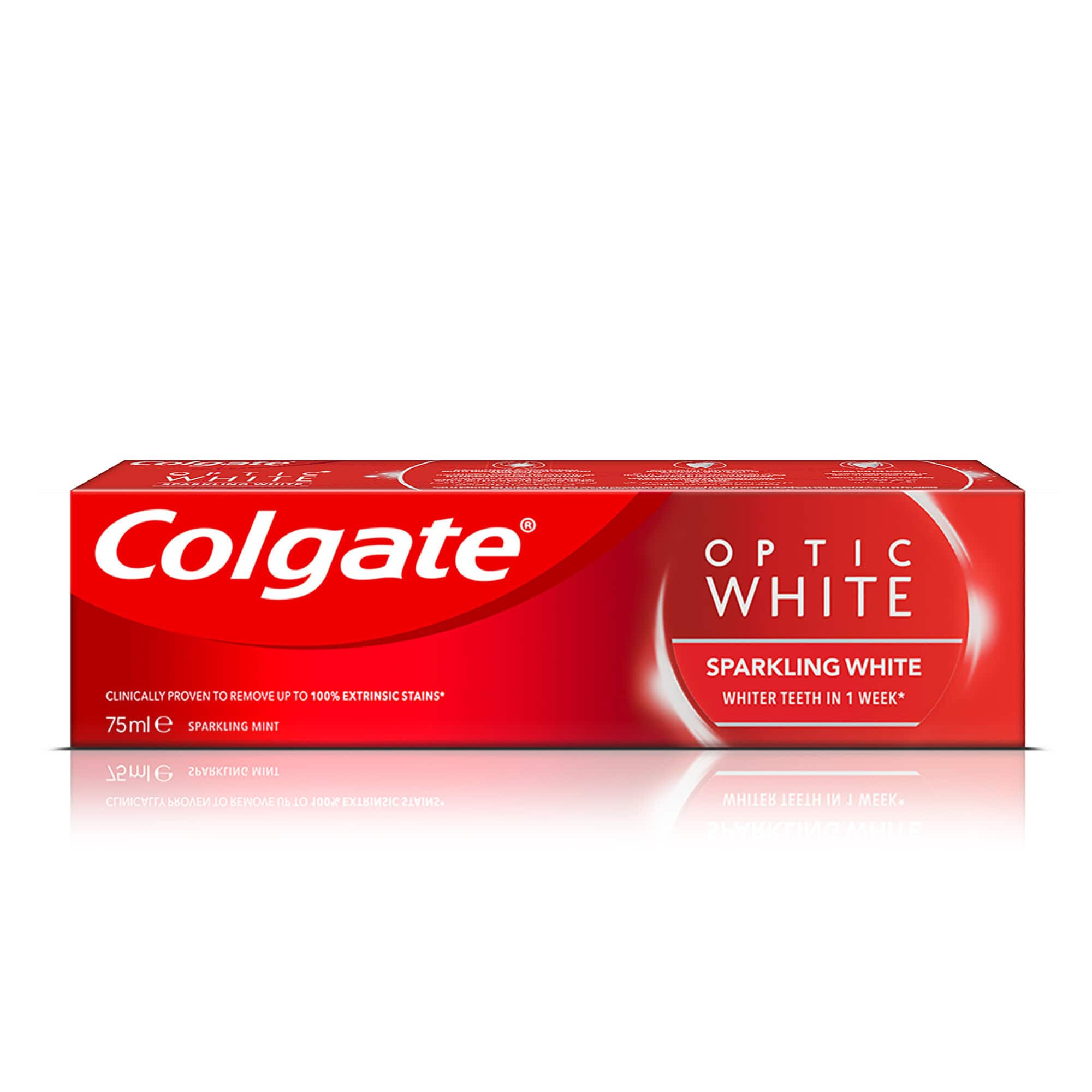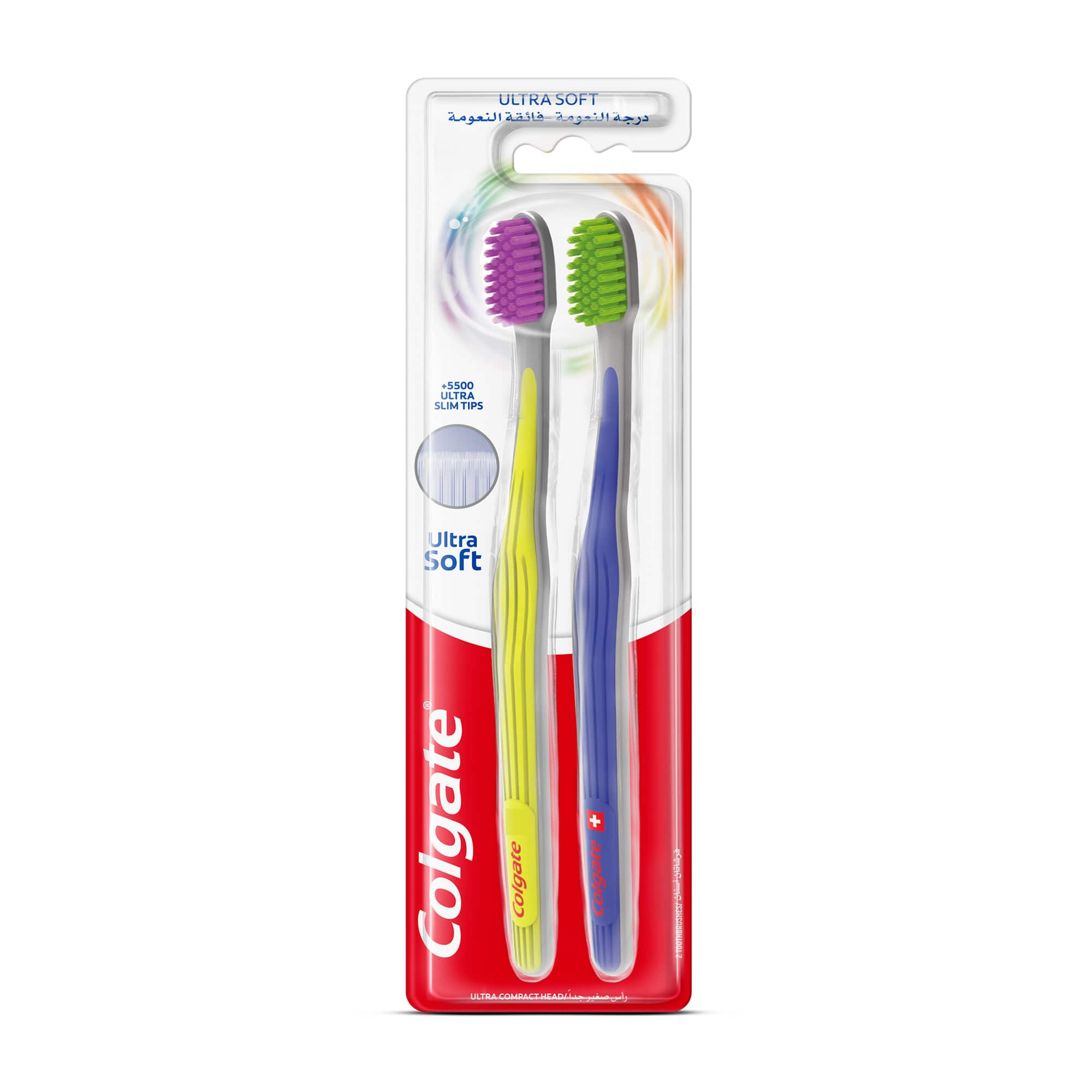One particularly important area to keep an eye on is your child's molars. The surfaces of molar teeth naturally have more crevices than the rest of your teeth, allowing food and bacteria to build up and cause tooth decay. Since the molars are not as visible as the front teeth, the buildup can remain hidden without close examination.
Here are some molar teeth facts:
- Generally, the first molars come in around 13 to 19 months of age, with the remaining ones coming in some time after age 2. Each child is different, however, so you should not be concerned if your child's teeth come in a little sooner or a little later than this estimate.
- Most children will have lost all of their baby teeth, including molars, by around age 12.
- Taking care of baby molars is important, as decay in these teeth can make it hard for your baby to chew; if this causes him to refuse certain foods, poor nutrition can result.
- Healthy baby teeth will help permanent teeth erupt free from infection and decay.
Besides a good toothbrush and floss, there are other tools you can choose to help you to care for your child's molars:
Dental Mirror
Dental Sealant
Fluoride Rinse
If you properly care for your child's molars, they should last a lifetime!
This article is intended to promote understanding of and knowledge about general oral health topics. It is not intended to be a substitute for professional advice, diagnosis or treatment. Always seek the advice of your dentist or other qualified healthcare provider with any questions you may have regarding a medical condition or treatment.










